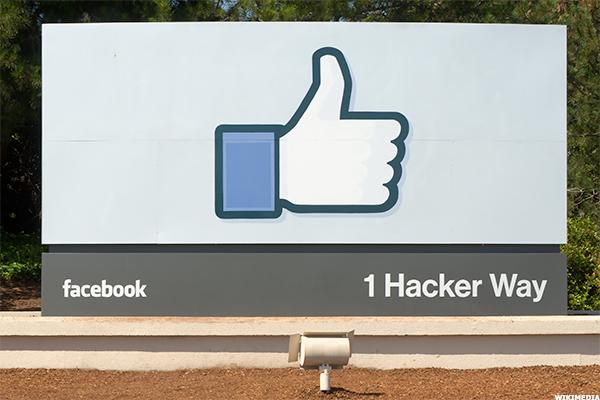Facebook to ban ad blockers and force people to look at marketing
The site promises that it is going to try and make ads more relevant, so that people dislike them less

Your support helps us to tell the story
From reproductive rights to climate change to Big Tech, The Independent is on the ground when the story is developing. Whether it's investigating the financials of Elon Musk's pro-Trump PAC or producing our latest documentary, 'The A Word', which shines a light on the American women fighting for reproductive rights, we know how important it is to parse out the facts from the messaging.
At such a critical moment in US history, we need reporters on the ground. Your donation allows us to keep sending journalists to speak to both sides of the story.
The Independent is trusted by Americans across the entire political spectrum. And unlike many other quality news outlets, we choose not to lock Americans out of our reporting and analysis with paywalls. We believe quality journalism should be available to everyone, paid for by those who can afford it.
Your support makes all the difference.Facebook is going to make all of its users look at ads, even if they have ad-blockers installed.
The site says that it will now use special software that will stop people from being able to block ads, and force them to appear on people’s browsers.
The company, which is almost entirely funded by ads, will be using new technology that gets around the extensions that usually spot and hide marketing.
It will allow it to keep generating money through asking brands to pay for visibility, while the use of ad blocking rises. Those technologies have surged in recent years – around a quarter of internet users now have them – and consequently the interest in ads and money that brands will pay have plunged.
Facebook said that it understood why people used ad blockers, which it claimed was primarily motivated by people being annoyed by bad ads. But the company needs to show people ads to keep making money, it said, and will look to fix the problems that made people installed the extensions on their computer.
It said that ads can actually be useful to people, and so they shouldn’t try and block them anyway.
“When they’re relevant and well-made, ads can be useful, helping us find new products and services and introducing us to new experiences — like an ad that shows you your favorite band is coming to town or an amazing airline deal to a tropical vacation,” wrote Facebook’s ad head Andrew Bosworth. “But because ads don’t always work this way, many people have started avoiding certain websites or apps, or using ad blocking software, to stop seeing bad ads.
“These have been the best options to date.”
The company said that it had fixed the problems that led people to turn to ad blockers.
“We’ve designed our ad formats, ad performance and controls to address the underlying reasons people have turned to ad blocking software,” Mr Bosworth wrote in a blog post.
Adblock Plus, which makes one of the most popular ad-blocking extensions, said that Facebook’s move was a “dark path against user choice”. But it also suggested that the company’s decision is just one part of a “cat-and-mouse game” and that it will continue to block any ads that Facebook tries to present to its users.
Join our commenting forum
Join thought-provoking conversations, follow other Independent readers and see their replies
Comments